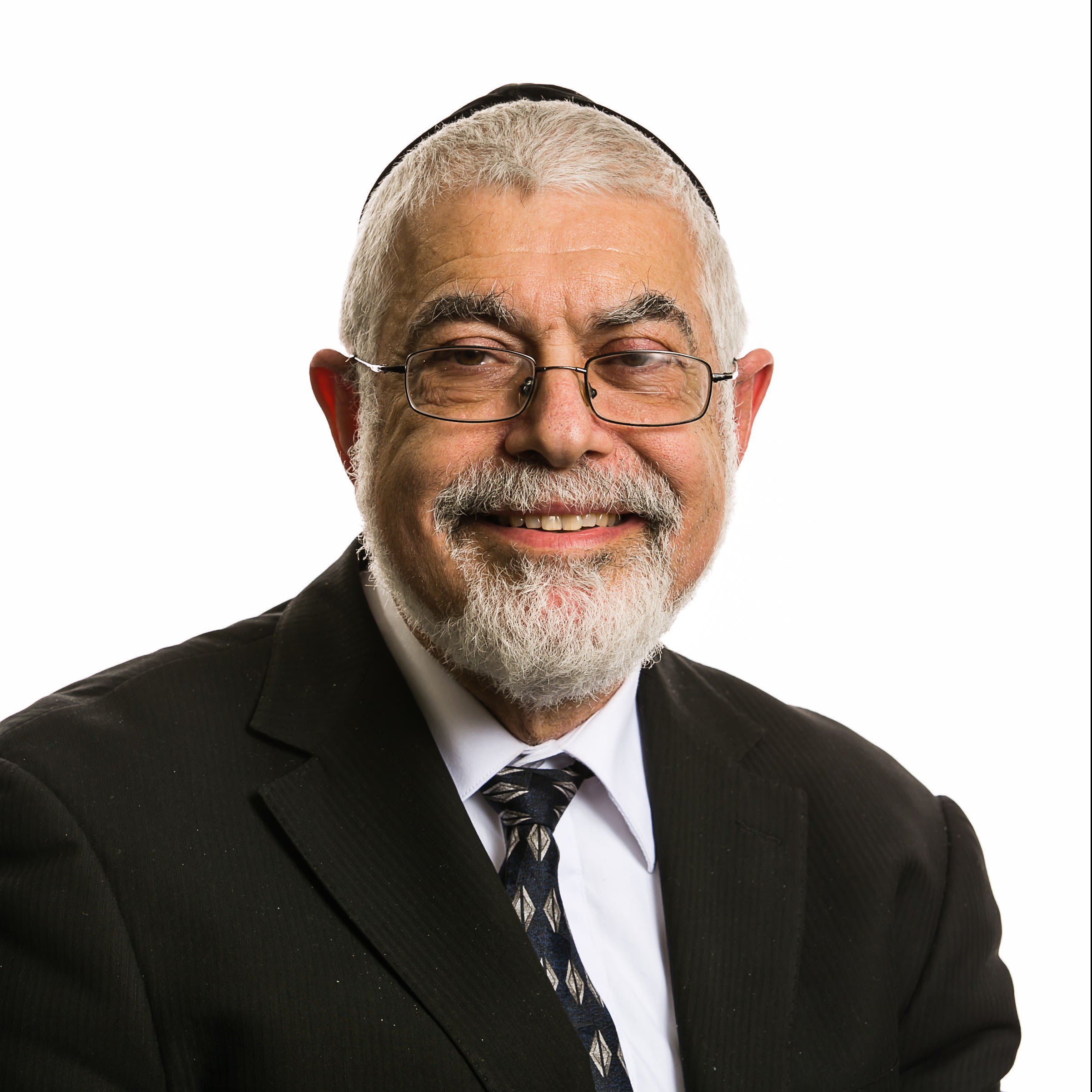Every day billions of people wake up, stumble to the bathroom, try to make out the face in the mirror, force a smile, and start another day. Once they reach their workplaces – the person becomes an employee. But, no matter the title, employees are human. Consequently, workplaces function as vibrant mini-communities. During an eight-hour span, people affect each other in ways no one can measure. Within the offices and halls, each individual serves as an integral component to the whole. Sometimes the unique gifts offered make themselves apparent, sometimes they simply need a perceptive eye to notice.
With 200 employees, filling three floors, the Orthodox Union’s Headquarters in Manhattan has become a veritable village overlooking Battery Park, containing many an inspiring story from many remarkable individuals.
Like clockwork, just before 3:00 pm, groups of men pack the elevators hurrying to make the OU Mincha minyan in the main conference room turned Beit Medrash in time for Ashrei. Many of them have stepped away from their OU offices, others from offices in the downtown area; bearing the same intent – to fulfill their obligation at this time.
Before the 14th floor hallway hum builds up, Rabbi Eliezer Lederfeind, Director of Our Way, OU’s program for the Jewish deaf and hearing impaired community, inevitably the first of the initial quorum of ten, arrives at the conference room. Carrying a sterling silver pushka (charity box), he stations himself by the entrance, in time to greet his fellow congregants and graciously accept their contributions. A decade since he took his stance at the mincha door, this employee asked Rabbi Lederfeind about the story behind his noble mission.
“One day, when I first started working here, just before Purim,” says Rabbi Lederfeind, “the baal tefillah (leading the prayers) for mincha made a very strange mistake in the davening. He said in kedusha, ‘Baruch atah Hashem..HaMelech Hakodosh’. If he would have done it after Yom Kippur through Sukkot time, it would have been understandable.” But Purim comes approximately five months after the Yomim Noraim’s ten days of repentance, which is when the words “HaMelech” (the King) replaces HaKayl” (the God).
According to Rabbi Lederfeind, the Shulchan Aruch (Code of Jewish Law) states that if one makes this mistake, the tefillah remains completely valid. “But there’s a gemara that explains, if a person makes an error for himself in the davening, it could be a negative reflection on him. If the chazan makes one, it could be a negative reflection on the tzibur (all those assembled). I was very concerned about this. I explained the problem to my Rav, Rabbi Elimelech Leibowitz, Rabbinic Coordinator at the OU. He asked me, “At the minyan, do they collect tzedakah (charity)?” I said no. He instructed that I get permission to collect tzedakah, that it would be a big tikkun (redemptive) for the minyan.”
Given the go-ahead, he picked up a cup, and went to work. He says, on the average, he collects up to 15 dollars per day; some give a dollar and some give change. “The total collected in a year comes to about fifteen hundred dollars. That’s fifteen thousand in ten years.” Initially he used a Styrofoam cup, until a fellow OU employee commented that collecting in a cup was not a kavod to the mitzvah of tzedakah and promptly bought Rabbi Lederfeind a silver pushka. “I use it every working day,” says Rabbi Lederfeind.
The proceeds go to help fund Our Way, the OU program that opens doors of opportunity for the deaf and hard of hearing in all the vital areas of life – spiritual, social, educational, and vocational. “Many Our Way members are in need of scholarships and financial help to be able to participate in our programs; it makes a powerful difference,” says Rabbi Lederfeind. “Fifteen hundred dollars a year going to Our Way members who are financially strapped significantly enhances their lives as Jews.”
After the concluding Aleinu prayer, the minyan members gently disengage from the assemblage, place the siddurim (prayer books) back into the basket by the door and many slip a contribution into Rabbi Lederfeind’s waiting silver cup. Most return to their workday having no idea whom that seemingly simple action, their daily offering, will affect.
“They say give tzedakah, even if one doesn’t know to whom it’s going,” says Aryeh Pearlman, a local worker. And some are well aware of the recipients.
“Anybody who knows Rabbi Lederfeind knows Our Way is a charity that’s close to his heart,” says Neil Akerman, OU’s Associate Director of Development and Direct Response Marketing. “It’s really a centerpiece of the minyan. Before I go to mincha, I make sure to take a dollar out of my wallet.”
Take a careful look at the human goings on at your workplace. You’re sure to notice the gifts that bring fullness to each day. And don’t forget to smile at the gift givers – especially the one in the bathroom mirror.
Bayla Sheva Brenner is Senior Writer in the Communications and Marketing Department at the OU.
The words of this author reflect his/her own opinions and do not necessarily represent the official position of the Orthodox Union.
